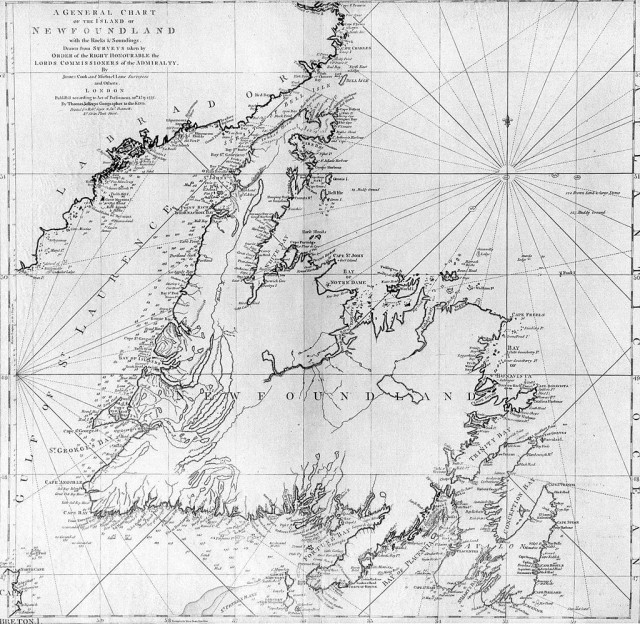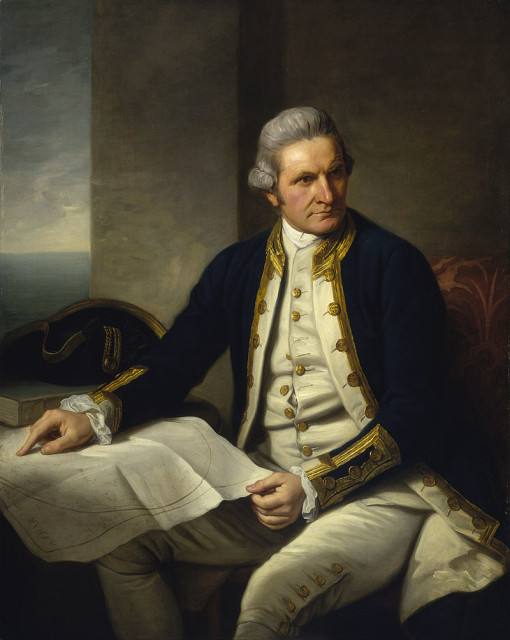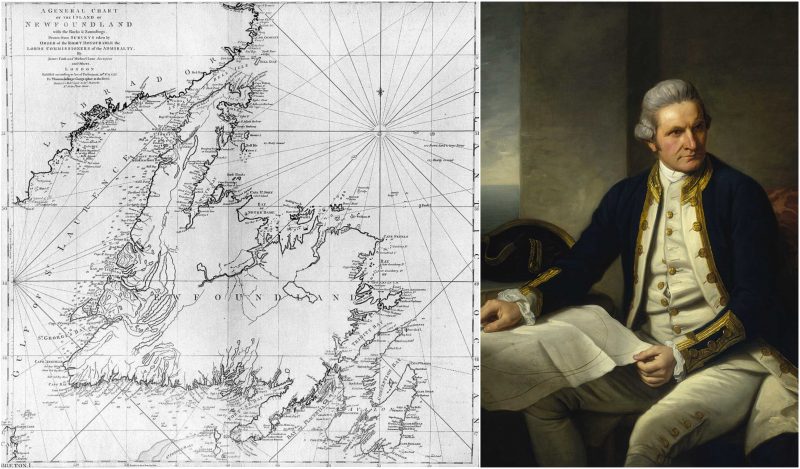Every country in the past has had some major issues with invaders and disputes between certain countries. Take America, for example. The Spanish invaded the country and wiped out Native Americans’ tribes completely. The same goes for Australia’s Indigenous people.
Australia has recently been in a dispute discussing how the country was invaded. The University of New South Wales had rejected the claims that it was allegedly “whitewashing” its curriculum.
The Indigenous Terminology guide had urged the students attending the school to use terms such as “invaded” instead of “settled” or “discovered.” The students were told not to use the words “Aborigines.”
The Queensland State Premier, Annastacia Palaszczuk, had mentioned that she prefers to teach the truth during her lectures. She said that for years, other schools and institutions in Australia have not told the truth about how the Australians came to settle in the country. Many of the Indigenous people had lost their lives due to this “settlement.” There were many massacres and Palaszczuk believes it is her job to teach that. When she was publicly asked whether or not Australia was invaded instead of settled, she had answered “yes.”
In 1770, Captain James Cook had claimed possession of Australia’s east coast on behalf of the British crown. This followed nearly 160 years after the mapping and exploration had been done of Australia, by mainly the Dutch.

There were over 250 separate language groups of the Aboriginal people who had been living on that land. As white people began colonizing the country, there was land confiscation which denied the Aboriginal people their rights to the land, citizenship, and even their human rights. Sadly, it was only recently that those rights were finally given back to these people in certain areas.
Many students who are taking part in this discussion rely on the language and terminology. The authors of the terminology guide try to explain that the language is a vehicle for the expression of the discrimination of the Aboriginal people. This cannot be regarded as an unimportant issue any longer.
This will make students use the terms like “Indigenous Australian people” or “Aboriginal peoples.” This way, students, and others can avoid implying that all of the Indigenous Australians are all the same. The new book also lists words such as “primitive,” “simple,” and “prehistoric.” These aren’t considered appropriate and people should use terms such as “complex and diverse societies”.
Even terms such as “nomadic” should not be used due to the fact that it implies that Indigenous Australians were not permanently settled. If this was the case, then the term would support the doctrine of terra nullius that English settlers used to justify occupying that land.
This major dispute has caused country-wide notice. Both newspapers and radio are covering all of the new information regarding it. One radio host named Alan Jones had said on air, they should not suppress the ideas of the students at the university. However, the terminology book that the students came up with does not mean anything and will not keep people from seeing, that Cook’s arrival in the country was not an invasion.

He added that people are going to continuously disagree on who is right, the British settlers or the Aboriginal people. It is always going to cause conflict, however, saying prejudiced things and being politically correct should be taught and learned by everyone. No one should use derogatory remarks when it comes to the Aboriginal people.
The Federal Education Minister, Simon Birmingham, said that universities should be places where debates go on and where students challenge each other. However, in this case, students should know Australia’s history accurately. Otherwise, no one knows what’s true and false.
Looking at a different university, the University of Queensland, say that the professors do not teach that Cook invaded or settled the country. Instead, professors teach that Cook was simply a navigator and explorer. In fact, as stated above, Cook was rather late in discovering the country – the Dutch did that.
Professor Willis at the university does not necessarily have an input on the terminology guide the students made. However, it does not go unnoticed that the students are speaking up on something that has been long suppressed.
Source: http://www.bbc.com/news/world-australia-35922858
